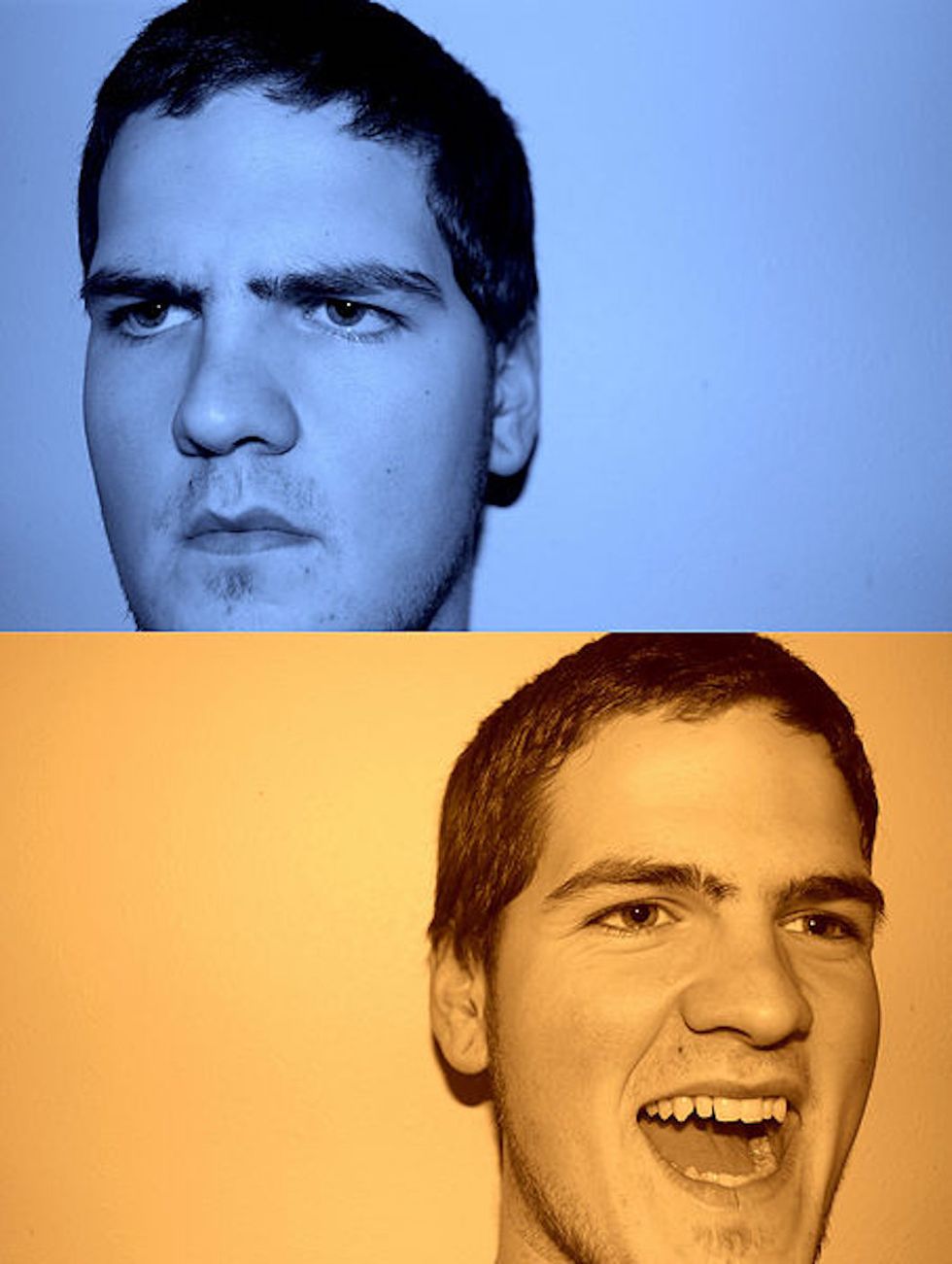"The weather is so bipolar today."
"My girlfriend is so bipolar. She always gets mad at me for no reason."
There's one thing that both of these statements have in common: They both use "bipolar" as a negative adjective. Usually, "bipolar" describes anger or moodiness.
That's far from the truth. Bipolar disorder is much more complex than that.
According to the National Alliance on Mental Illness (NAMI), bipolar disorder is "a mental illness that causes dramatic shifts in a person’s mood, energy and ability to think clearly." It is characterized by manic and depressive episodes.
Despite the large amount of information available on bipolar disorder, people still don't really understand it. Shows like Shameless have attempted to accurately portray the disorder. Although many mental health advocates have praised the show, others believe that it is impossible to generalize an illness like bipolar disorder through the media.
I understand where these critics are coming from. If you've watched Shameless, chances are you remember the manifestations of Ian Gallagher's bipolar disorder. During one of his manic phases, Ian tries to drive a baby to Mexico because he is concerned for its well-being.
Of course, these shows are dramatic for a reason. You are more likely to remember characters that act in these ways. TV shows are meant to draw people in. I understand that.
You could also say that Shameless portrays the manic and depressive episodes of bipolar disorder quite well. However, it's important to recognize that bipolar disorder shows differently in everyone.
Basically, don't assume that everyone with bipolar disorder will act like Ian Gallagher from Shameless. Bipolar disorder can be very subtle. It can manifest itself in unexpected ways.
To clear up some misconceptions about bipolar disorder, I spoke to people who have the disorder. I asked them what people don't understand about bipolar disorder and what they wish people knew. Here is what I found out.
1. Bipolar disorder is not just moodiness.
“I hear a lot about the stigma around bipolar disorder, this includes a lot revolving around anger. A lot of people see bipolar as going directly from being happy to being angry, like turning a light on and off."
"It is important for people to know that those with bipolar disorder are not just 'moody.' The highs and lows tend to be extremes."
2. People with bipolar disorder still experience emotions like everyone else.
"They think of bipolar disorder as being ‘crazy’ not being able to feel anything but extreme emotions. I wish people would see that as someone with bipolar disorder, I still have the same grand scale of emotions. I do not switch from one to the other, they can last months before going to the polar side of the emotional spectrum."
3. Mania ≠ crazy.
"Mania is the opposite of depression, not anger. Mania is the worst in my opinion; it's always important for me to explain to my friends that while manic I feel and act as a different person. There is usually no filter in my mind and the extreme uncomfortable feeling I get makes me seek out ways to stop it: drugs, alcohol, sexual relations. It is a very hard and scary experience but it does not mean I have completely gone crazy."
"During my mother’s depressive episodes, she would not have the energy or willpower to take care of herself. She would often spend her entire day in bed without showering and without eating. During my mother’s manic episodes, she was consistently go on shopping sprees, buying anything that appealed to her at first sight and became attached to constantly posting on social media."4. People with bipolar disorder can live normal lives. It may just take time.
"Medication helps manage it, and mood stabilizers have changed my life. It is possible to have every mood under the sun with bipolar disorder. It is just harder to stop the extremes. It doesn’t make those of us suffering from it crazy."
How can you help end misconceptions about bipolar disorder? First, stop using "bipolar" as an adjective.
Second, If your friend has bipolar disorder, ask them questions. Ask them what they want you to know. It's okay not to understand things, but it's not okay to be ignorant.















